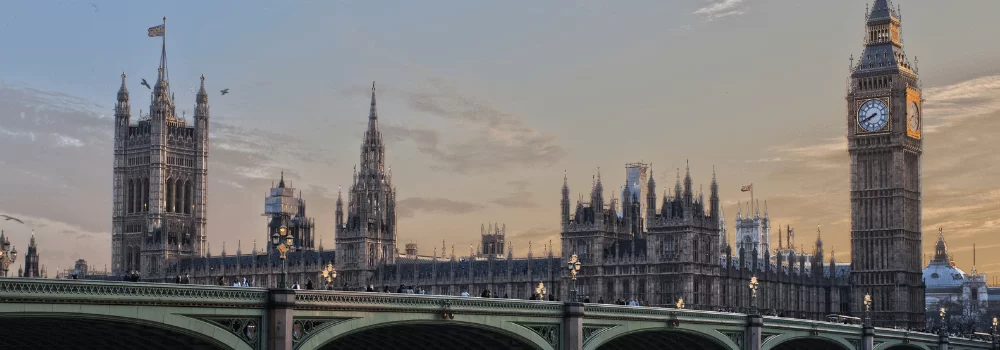
According to reports by a committee of MPs, the government is failing to address “routine and sometimes relentless” sexual harassment in public places and work spaces. The women and Equalities Select Committee discovered that harassment is “deeply ingrained” within British culture.
Sexual harassment affects women everywhere and impacts upon their daily lives but the Women and Equalities Select Committee said that the government’s “foot appears to be almost entirely off the pedal” when it comes to resolving the issue. The chair of the committee, Maria Miller stated that “sexual harassment in public places is a regular experience for many women and girls. It is the most common form of violence against women and girls and the damage is far-reaching. And yet most of it goes unreported”. The committee expressed their concern by warning ministers that they risk giving the general public the impression that such matters are too ‘trivial’ to solve. This is echoed by the fact that the women’s committee said it was ‘astonishing’ that the issues surrounding sexual harassment were “almost entirely absent” from the government’s strategy towards tackling violence.
In terms of eliminating sexual harassment from women’s daily lives, the government have committed to removing sexual harassment by 2030. However, the committee has claimed that there is no evidence that the government has any ambition to achieve this by the designated date.
In the report, the group of MPs said it was vital for new measures to be put in place, such as:
Tamaryn Payne said that she has been a victim of sexual harassment throughout her entire life, from being a teenager until now. She stated that “sexual harassment is a daily occurrence for me. Stares, the odd remark and a recent serious incident made me call the police after a man followed me along the road and wouldn’t leave me alone”.
In addition a former employee of the House of Commons told Sky News that she now suffers from post-traumatic stress after being harassed by fellow MPs whilst working in Westminster. Lisette Whittaker commented that the experience has left her feeling angry and let down after the lack of protection from officials.
A spokesperson from the government responded to the committees report by saying “unwelcome advances that intimidate, degrade or humiliate women and girls are an abuse of power and unlawful. Whether in the home, the workplace or in public, sexual harassment is unacceptable. To support the government’s commitment to tackling violence against women and girls, we have pledged £100m in funding until 2020 and will be updating our Violence against Women and Girls Strategy”.
The government have declared that they have made protecting women and girls from all forms of violence (harassment, bullying) and supporting victims a key priority. They have suggested that train operators and universities must have policies on tackling sexual harassment.
If you have any queries about the contents of this article, please contact a member of the HPC team:
T: 0844 800 5932
E: help@highpeformanceconsultancy.com
Twitter: @HPC_HRservices